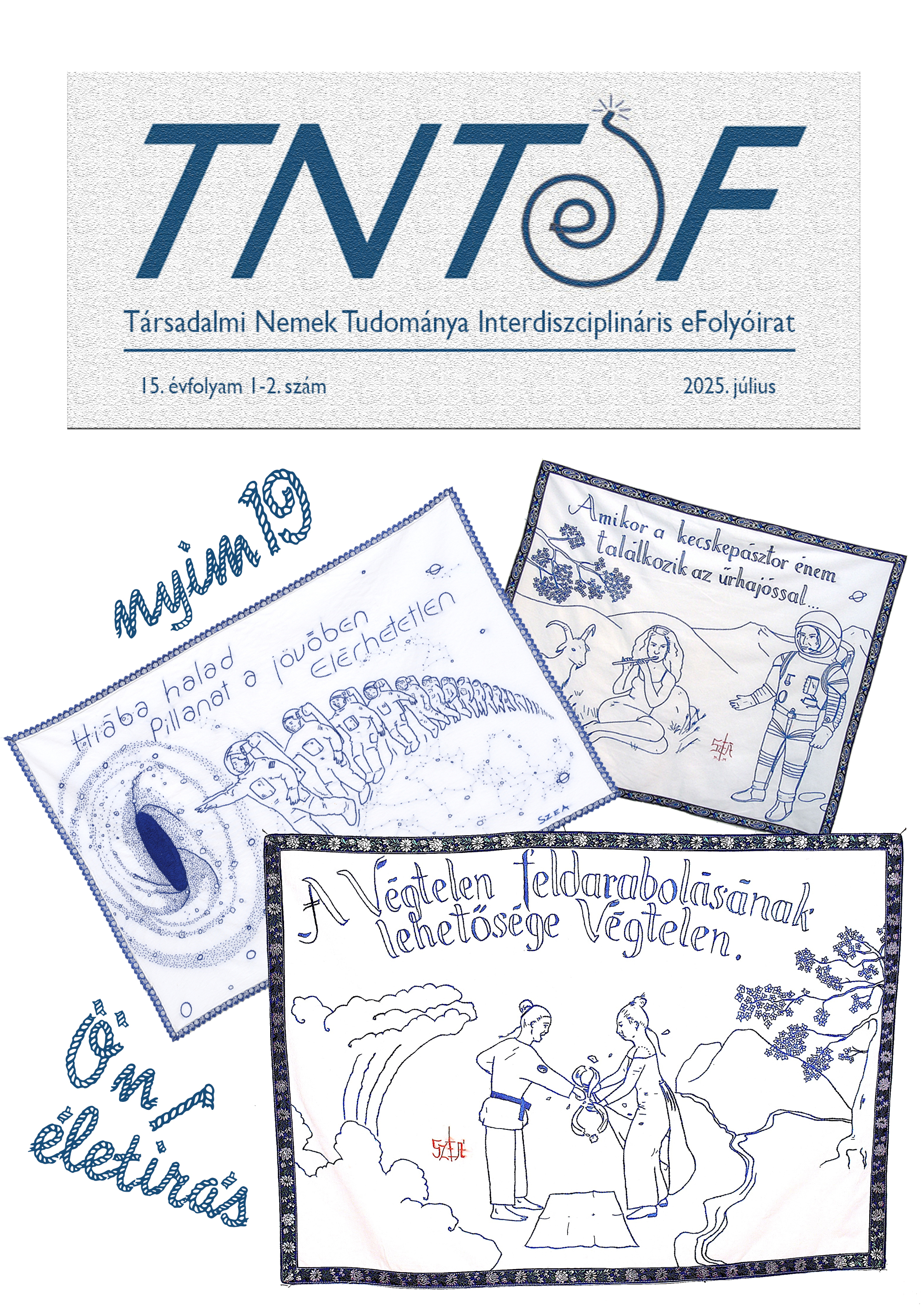Autobiography and Decolonization: Multiple marginalisation in Mara Oláh Omara's autobiography and paintings
Main Article Content
Abstract
Known for her socio-critical paintings, autobiographical works dealing with personal traumas and subversive actions, Oláh Mara OMARA (1945-2020) is an internationally acknowledged Hungarian artist of Roma origin. As a self-taught artist who started painting at the age of 43, In her self-published autobiography O. Mara, Painter (1997), illustrated with photographs, she gives voice to the physical and psychological humiliations and insults she faced as a Roma woman and mother while coping with multiple illnesses and living with a disability. Omara portrays Roma women as a group that faces multiple discrimination, who are not only victims of social prejudice but also suffer symbolic and physical violence from those in positions of power (doctors, police, teachers). This paper explores the intersections of gender, ethnicity, social status, age, motherhood, and disability in the case of a self-taught Roma woman artist. Additionally, the essay will examine the manifestations of decolonization in her autobiography and paintings.

